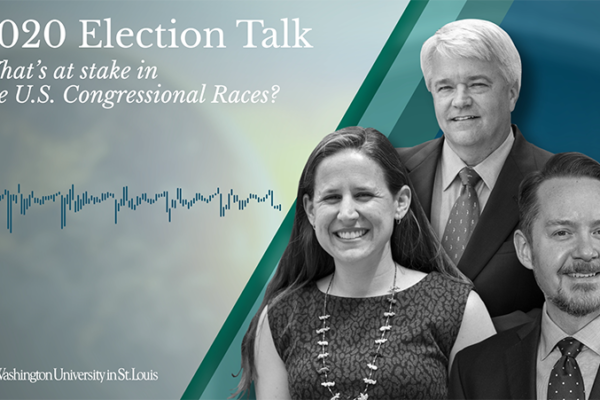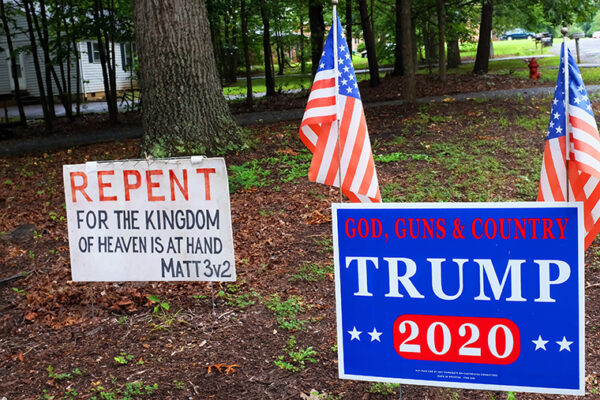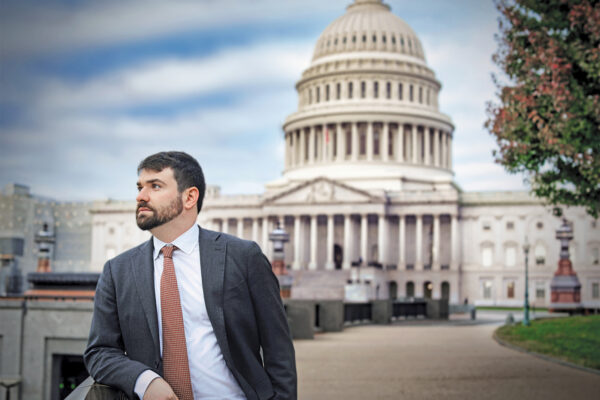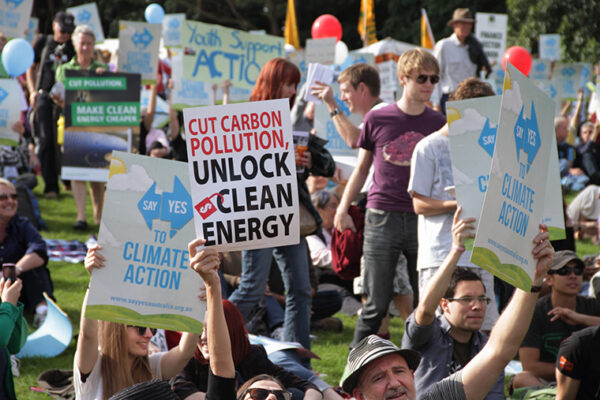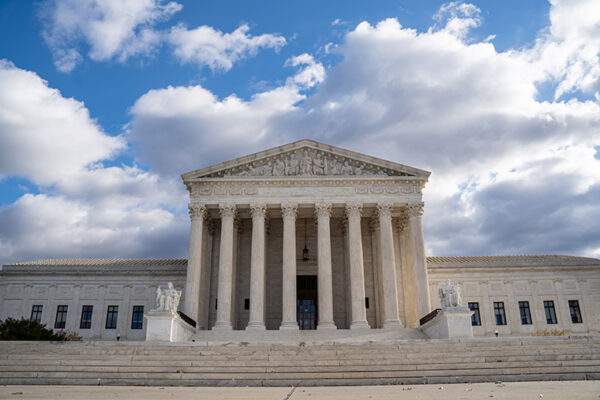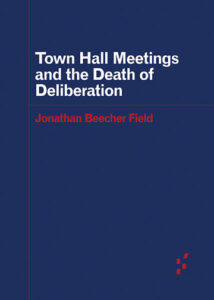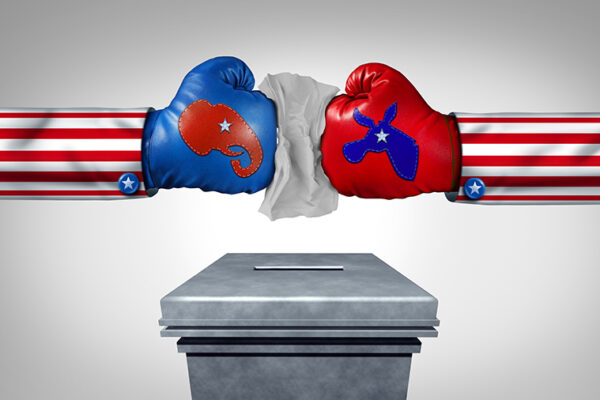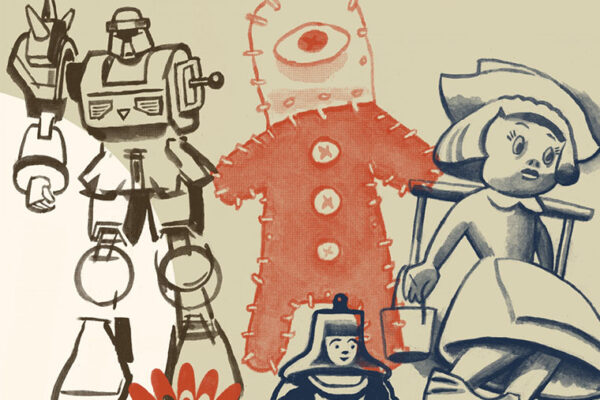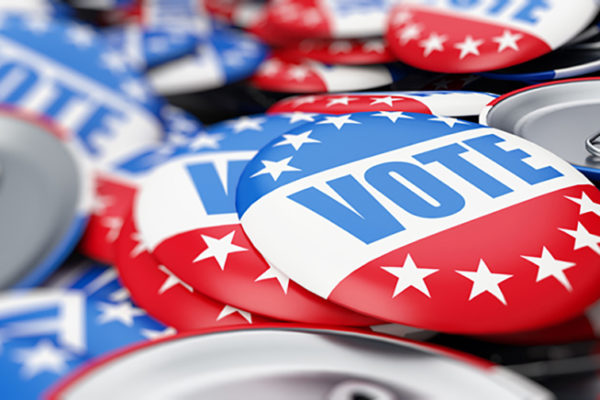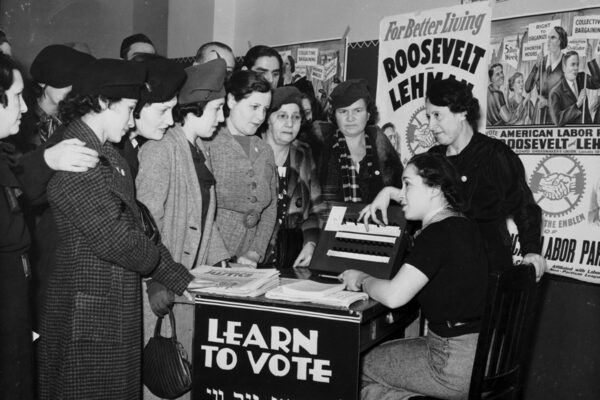2020 election talk: Congressional races
Three political science experts at Washington University in St. Louis discuss the battle for control of the U.S. Senate and House. This roundtable discussion is the first of a two-part 2020 election series aimed to help listeners better understand the news, polls and issues in this year’s election.
Religion and the 2020 election
According to Lerone A. Martin, director of American Culture Studies and associate professor of religion and politics and of African and African-American studies, all in Arts & Sciences at Washington University in St. Louis, modern evangelical voters have supported political candidates for myriad reasons, not all of which are in line with traditional Christian values.
Writing the first draft of history
History major Gabriel Rubin, AB ’15, takes Wall Street Journal readers inside the Beltway as the new author of a storied political column.
Funding climate action policies: Consumers weigh in
A new study involving Washington University in St. Louis researchers finds consumers across the United States and in some European countries are ready to start paying for climate action now.
Supreme nomination system ‘makes no sense’
Daniel Epps, associate professor in the School of Law at Washington University in St. Louis, and Steven Smith, Kate M. Gregg Distinguished Professor of Social Science, weigh in on who has the most to lose before the election if a nomination is completed, how this situation differs from the Senate-stalled Merrick Garland nomination in 2016 and why the nomination system needs to change.
Town Hall Meetings and the Death of Deliberation
Jonathan Beecher Field, AB ’91, tracks the permutations of the town hall meeting from its original context as a form of democratic community governance in New England into a format for presidential debates and a staple of corporate governance.
Rigged election? Partisans view threats to election integrity differently
Even before they cast their votes, partisans of different stripes are poised to question the legitimacy of the election outcome, but for different reasons. According to political scientist Steven Smith at Washington University in St. Louis, findings of The American Social Survey, sponsored by the university’s Weidenbaum Center, indicate that the intensity of candidate and media attention about voting fraud threats — real or not — is influencing views of the legitimacy of the election outcome in November.
The ABCs of art and politics
Acclaimed artist and author D.B. Dowd discusses art, politics and his new book, “A is for Autocrat.”
Voting Rights Act should apply to federal government
In light of President Trump’s recent attacks on the United States Postal Service, Section 2 of the Voting Rights Act should be revised to prohibit racial discrimination in voting by the federal government, says a Washington University in St. Louis expert on voting rights.
What came next
Women earned the right to vote, but what kind of impact did they have? Political scientists and Arts & Sciences alumni Christina Wolbrecht and J. Kevin Corder analyze 100 years of election history
Older Stories
